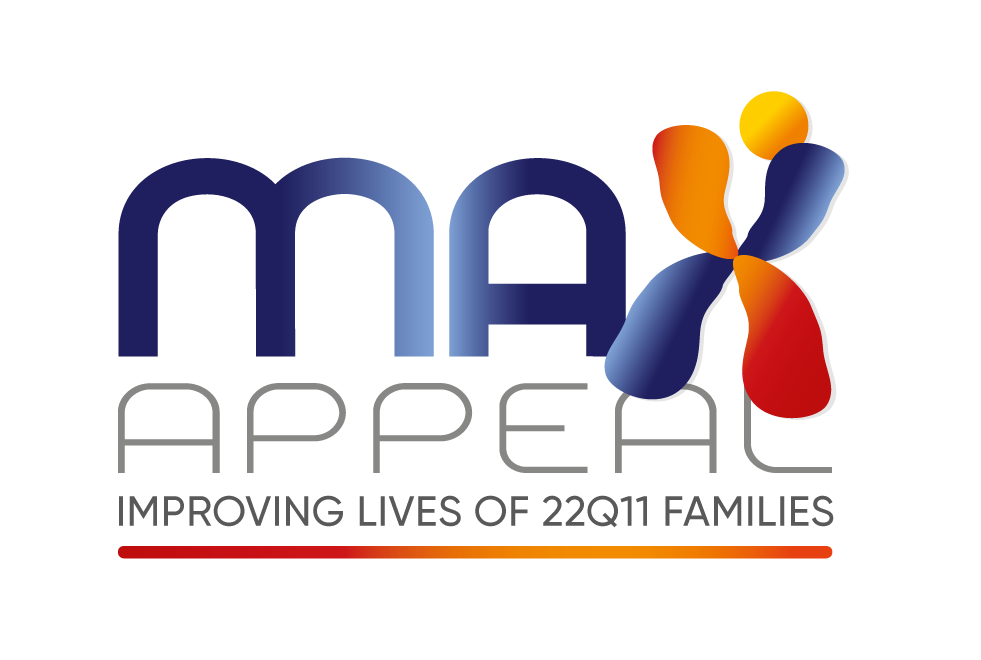Oral Care
Written with endorsement from Dr. Lowry, Consultant in Paediatric Dentistry, Oral Healthcare Unit at The Freeman Hospital in Newcastle.
Children affected with a 22q11.2 deletion may display certain dental characteristics such as higher number of cavities or poor quality teeth, which may decay quickly. Gastric reflux can contribute to the deterioration of the teeth.
There are 2 main diseases, which are preventable - Gum Disease and Tooth Decay. By preventing these diseases needless suffering and threat to general health is avoided.
Children with a 22q11.2 deletion can be more prone to disease because of:
Poor quality teeth that may decay more easily;
Difficulty with feeding - i.e. eating smaller amounts but more frequently; Gastric reflux.
Many children with the deletion also require medication and/or calorie supplements and some of these have a high sugar content. This magnifies the need for dental care to protect the teeth and encourage good long-term oral hygiene habits.
For children with heart defects, decayed teeth or inflamed gums also increases the risk of getting a disease of the heart called "infective endocarditis" which is an infection of the inner lining of the heart.
Useful tips for Good Oral Hygiene practice:
Start with toothbrushing as soon as teeth appear. Regular toothbrushing after mealtimes, after administering medicines and at bedtime are the most important times. Teeth should be brushed using a child's toothpaste containing fluoride.
Diet - If sugar is taken into the mouth often during the day, then dental Decay will occur. If possible. Keep sugary foods to mealtimes. There are a lot of hidden sugars in the food that we eat. Suitable snack foods include: fruit, cracker biscuits, cheese and yoghurt.
Drinking sugary fizzy drinks will cause both decay and loss of enamel. Suitable drinks are: unsweetened and non fizzy drinks, milk, water, low calories or artificially sweetened squash, pure fruit juice diluted half and half with water.
Ask your doctor if tablets can be given instead of medicine (when your child is able to digest them) and/or ask for sugar-free medicines wherever possible. (NB. Some medicines like Lactulose do not have alternatives but this medicine has a very high sugar content).
Get your child registered with a dentist as soon as you can. Have regular checks. At your dental visits the dentist may decide your child needs a fluoride supplement to help strengthen the enamel of the teeth.
Your dentist may also suggest fissure sealants. This is a plastic coating, which the dentist can paint into the fissures or biting surfaces of permanent molar teeth.
Dental care may be conducted for your child at the hospital caring for them. However, the social implications of visiting the family dentist should be recognised and visits to your family dentist should be continued wherever possible. In all cases, visits should be planned from an early age (one year old).
If any dental work is to be carried out antibiotic cover may need to be given one hour beforehand - please check with your Paediatrician, Cardiac Liaison Nurse or Cardiologist if you are unsure if your child will need this.
Further Information
An Oral Healthcare Facilitation Unit has been set up at The Freeman Hospital in Newcastle. They are able to offer advice to anybody who has questions regarding dental problems and oral hygiene. Their contact details are:
Geraldine Haddow, Dental Co-ordinator , Oral Healthcare Unit, Freeman Hospital, High Heaton, Newcastle upon Tyne, NE7 7DN, Tel: 0191 244 8230 geraldine.haddow1@nhs.net
If you are having problems registering with a local family dentist, The British Society of Paediatric Dentistry will be able to help. Dedicated to improving the oral health of children in the UK. https://www.bspd.co.uk/
